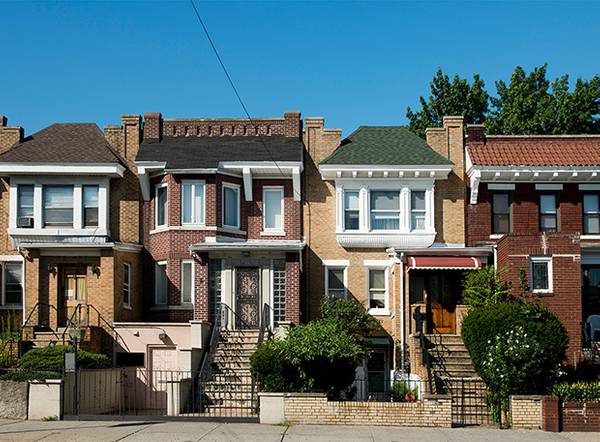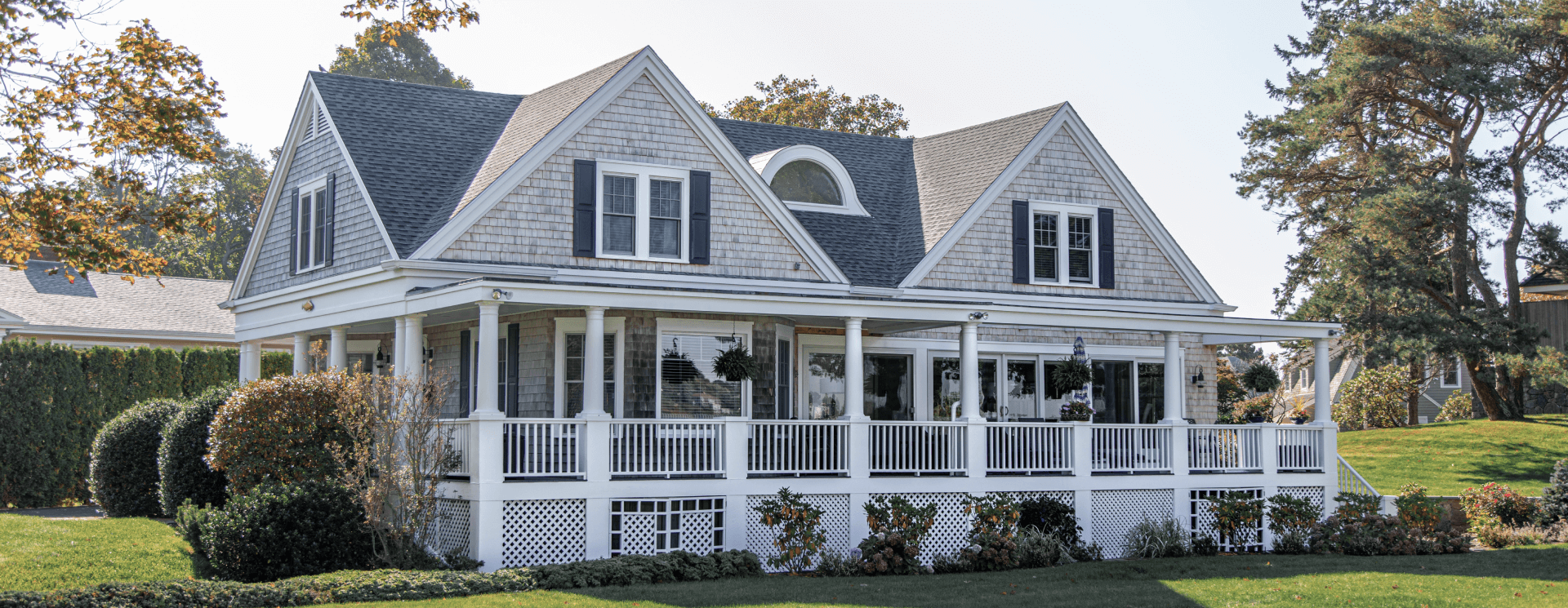
You can Reduce Monthly Payments with either a HELOC or Cash-out Refi
There are many reasons why homeowners may be looking for ways to reduce their monthly house payments. They may be having financial difficulties, adding a new family member, reducing work hours to pursue other interests, or simply being interested in taking advantage of available market opportunities to lower expenses.
There are multiple options that can help homeowners reduce their payments. However, if you are shopping for a solution, it’s important to research each one and its potential effects on your finances and lifestyle before making a final decision. Your choice will have long-term effects on your budget.
Exploring the Options: HELOC vs Cash Out Refinance
Two common options that homeowners employ to reduce their payments are refinancing their current mortgage or taking out a home equity line of credit (HELOC).
What Is a Cash-Out Refinance?
Refinancing means replacing a current home loan with a new one. Many people refinance to reduce monthly payments when interest rates drop.
To refinance, it’s necessary for homeowners to apply and qualify for a new mortgage just as they did for their original one. Just as with a first mortgage, borrowers need to shop for a good lender, research interest rates and loan terms, calculate their new monthly payments, and collect all of the information and documentation the lender requires.
Of course, the amount borrowed in a refinancing can be — and generally is — different from the loan amount of the first mortgage. A portion of the original loan may already have been paid down when the refinancing occurs. Homeowners may therefore borrow only what they still owe on the original loan.
They also may be able to do what is known as a cash-out refinance, in which they borrow more than they owe on their current loan and the lender pays the difference out to them directly. Cash-out refinancing can provide homeowners with extra money for home improvements, college tuition, debt consolidation or other major expenses generally at lower rates than personal loans, because mortgages are secured.
What Is a Home Equity Line of Credit?
Using a HELOC to pay off a primary mortgage is essentially a form of refinancing, but a home equity line of credit is a different type of loan from a mortgage. It is a revolving line of credit, rather than a fixed-amount, single disbursement loan, and allows borrowers to use the money only when they need it and pay interest only on what they use. A HELOC is secured by the homeowners’ equity in their property, in other words the difference between the home’s value and any outstanding loans on the property. Because it is fully secured by a valuable asset, a HELOC generally offers very good interest rates.
To apply for a HELOC, homeowners need to fill out an application with personal and financial information, provide documentation, and have a HELOC appraisal performed to determine the home’s value.
Cash-out Refinance or Get A HELOC: Which one to choose?
The best option to reduce a homeowner’s monthly payments depends on the homeowner’s specific circumstances and the current market conditions.
Refinancing is a good option when interest rates have declined since home buyers obtained their first mortgage. The lower interest rate will automatically lower monthly payments.
If homeowners can’t find lower interest rates, they can still reduce monthly payments by taking out a new loan with a longer term than is left on their old loan — 30 years rather than 15 or 20, for example. Homeowners should only consider this if they have a serious need to lower current expenses, however, because stretching out repayment adds interest expense and can cost significantly more in the long run.
A HELOC may be a good fit for homeowners that have more equity than debt in their property, either because they have been paying down their mortgage for a considerable amount of time or because the home’s value has increased significantly. HELOCs are especially beneficial when rates on HELOC are lower than on mortgages and when borrowers have enough equity available to also make improvements on the home. In the latter case, homeowners can save additional money by combining purchase and improvements financing into one low-cost, flexible loan package.
Both types of loans require that homeowners meet income and credit qualifications, with better credit scores generally earning borrowers better interest rates. HELOCs are also restricted by loan-to-value (LTV) ratios set by lenders. Average LTVs range from 70% to 85%. If a home’s value is appraised at $500,000 and the loan-to-value ratio is set at 70%, the maximum financing that can be secured by this home is $350,000 or the amount of the equity in the home, whichever is lower.
Homeowners should also be aware that a home refinance loan comes with the same type of closing costs as a first mortgage. A HELOC does not, thereby allowing homeowners to reduce their interest rate without the additional fees.
HELOCs have very different repayment options from mortgages, also. HELOC borrowers can make draws from their line of credit during a draw period, which is typically 10 years. During this period, borrowers commonly can make interest-only monthly payments, completing repayment during the following 5-20 year period. Depending on personal circumstances and how well homeowners plan for the long-term, this type of repayment option can have a positive or negative impact on a family’s financial picture.
Homeowners who have been in their home for a relatively short period and are experiencing a dropping interest rate environment may be better off refinancing. Homeowners who have been paying down their mortgage significantly or experienced a rising home price market may benefit more from a HELOC. However, to know for sure which is best for you, you will need to crunch the numbers, consider if you want cash out and how much, and even think seriously about your long-term spending and saving behavior.
Reduce Your Monthly Payments with Bethpage Federal Credit Union
Whichever option is right for you, Bethpage has great rates for HELOCs and mortgage refinancing, as well as trusted experts who can help you make this complex and important financial decision.
- Categories:


